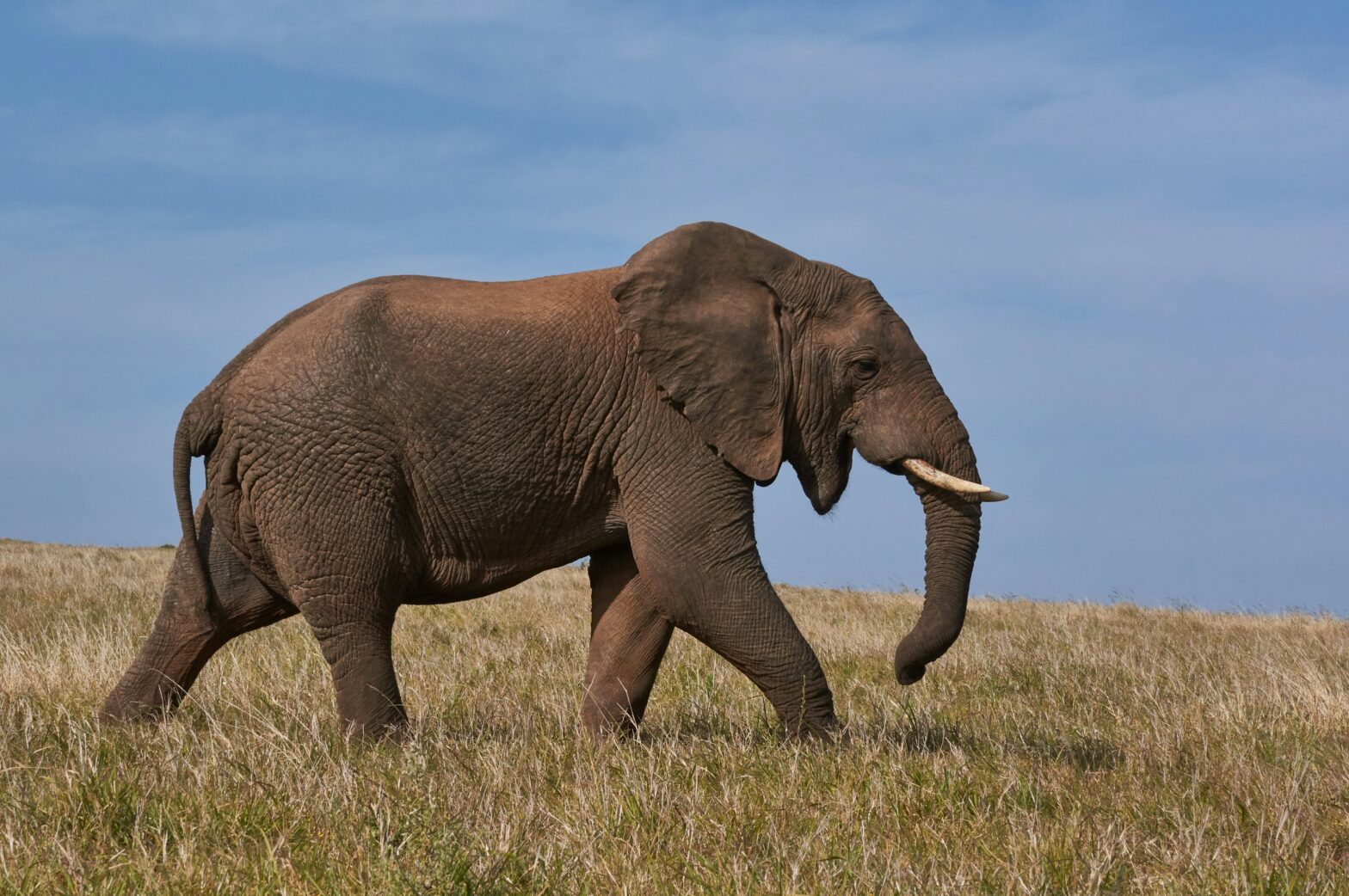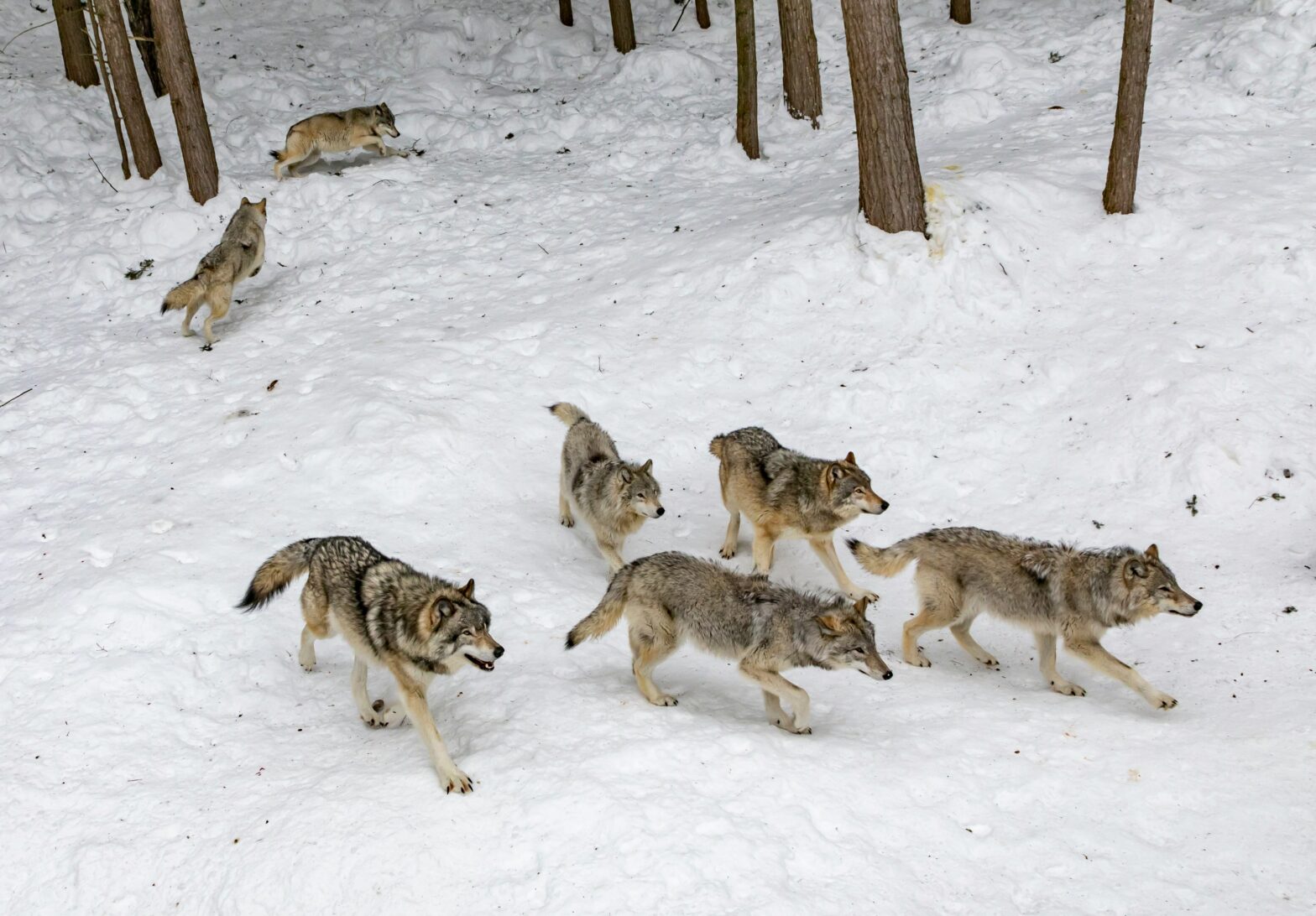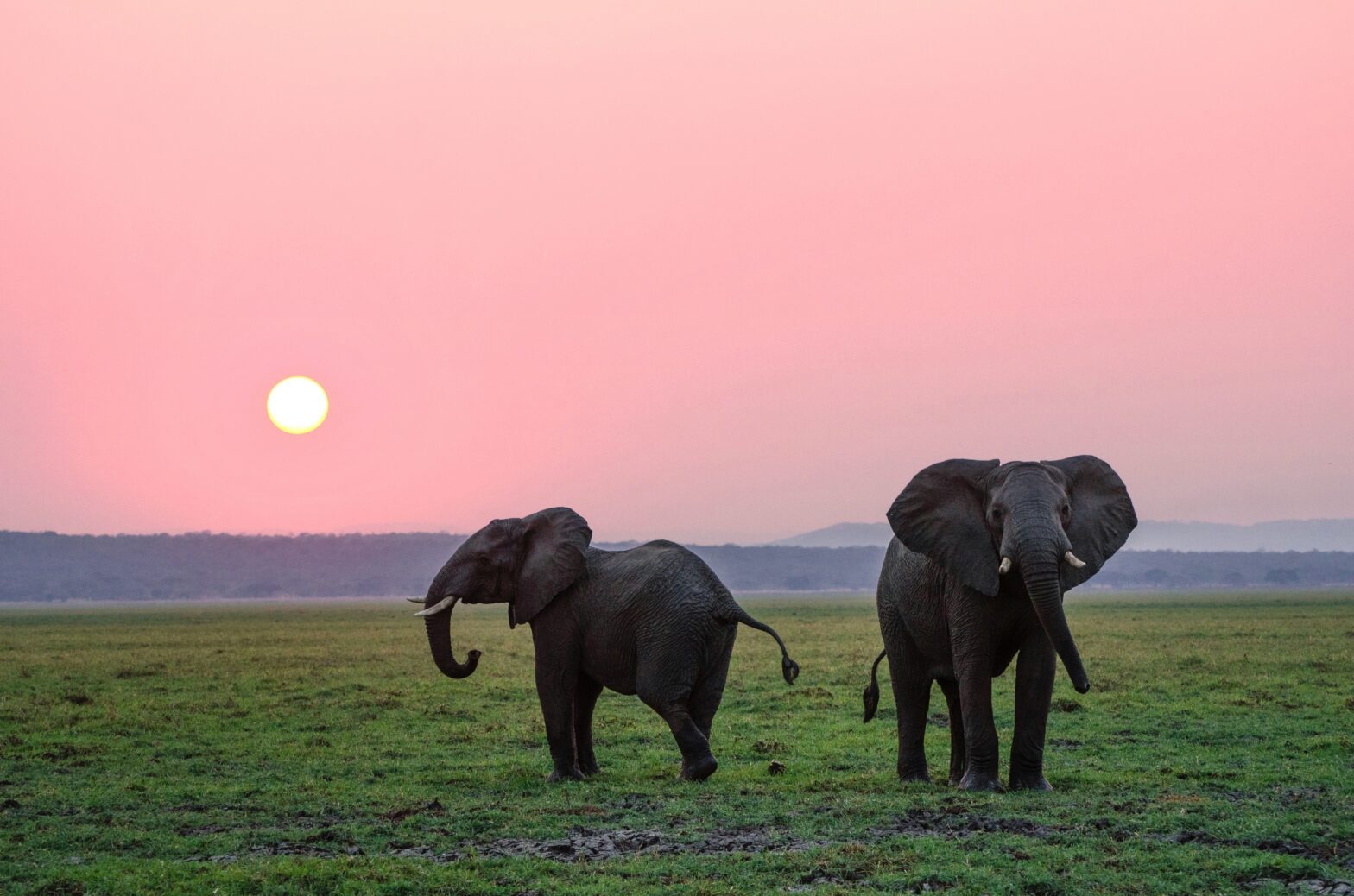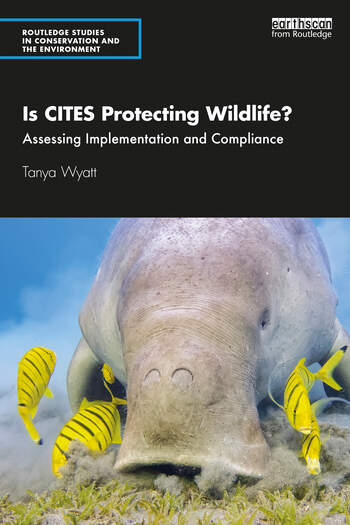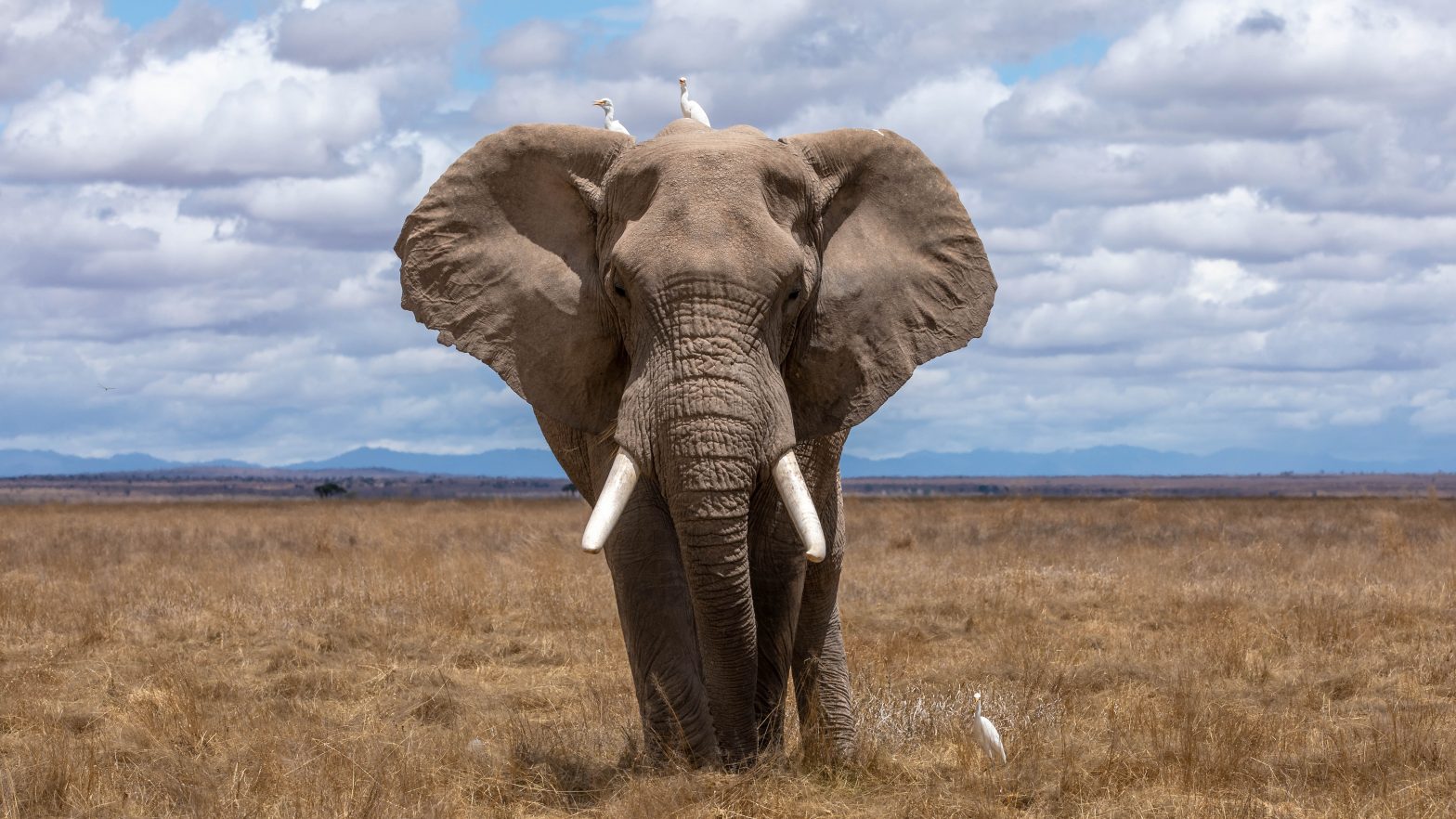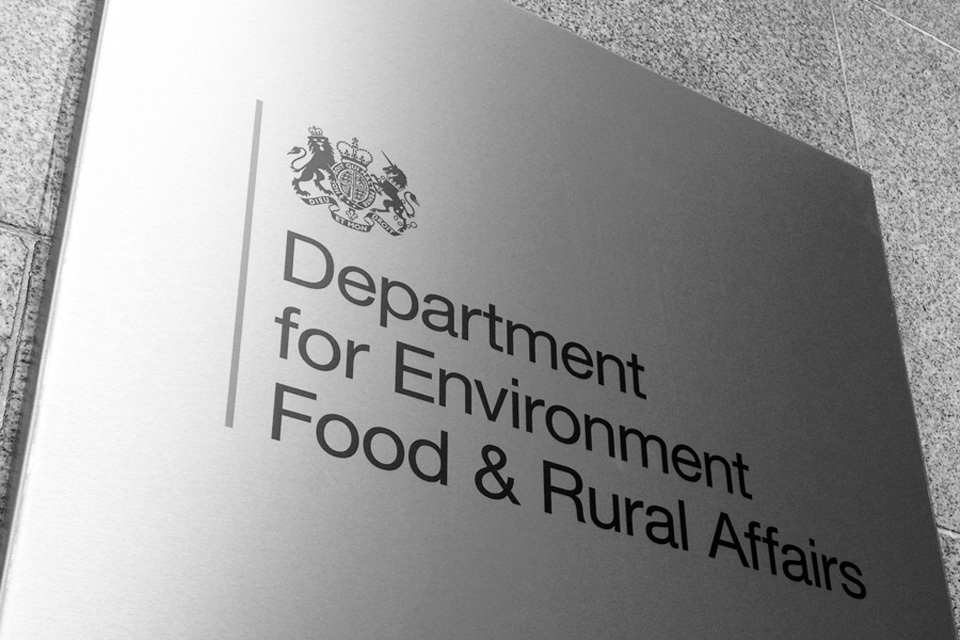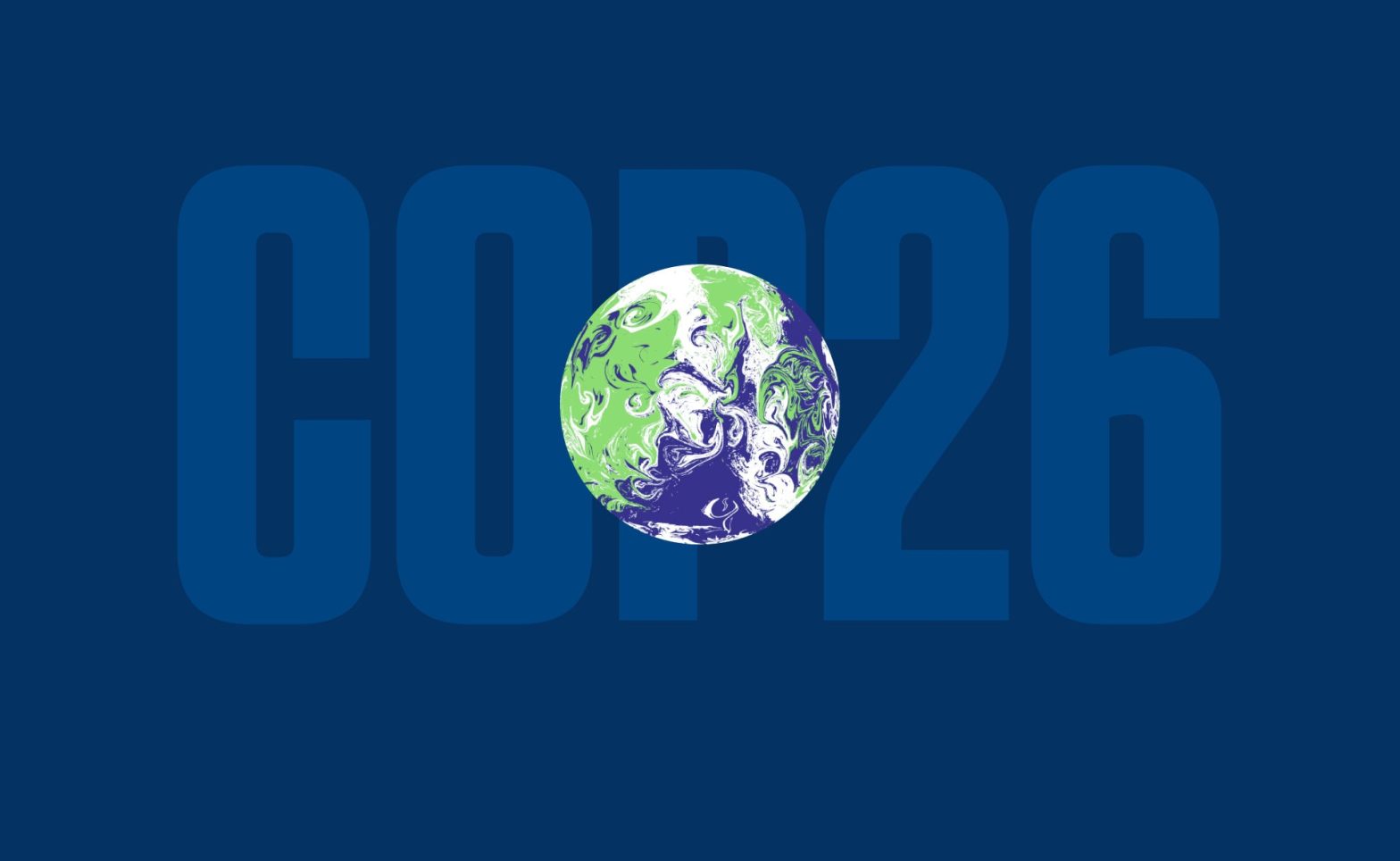On 22 April 2024, the World Health Assembly circulated an updated draft that will be discussed on 29 April. The draft can be accessed here. The decision regarding the agreed-upon pandemic accord will be made during an open plenary session of the World Health Assembly in May 2024. Below you will find comments prepared jointly… Continue reading The WHO Pandemic Instrument
The WHO Pandemic Instrument


